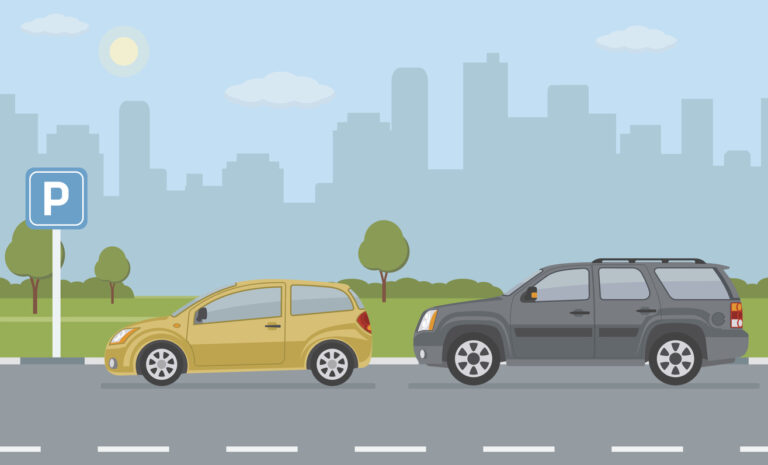There are a couple of ways to get a moving permit:
You can register and apply for a moving permit through your city’s DMV website. Tackle this step no later than five days before your move (but we suggest at least two weeks prior if possible). Once you pay the fee, you’ll receive the instructions to pick up the “no parking” signs. You may have to confirm when to place the signs, but 48 hours prior to move day is usually recommended. If you’re not sure whether you even need a moving permit, you can always check with your apartment landlord, property manager, or homeowner’s association.
You can ask your moving company to take care of the moving permit for you. A quality mover will likely be able to arrange the parking permit for you, but it will also increase the overall cost of your move by a bit. On the bright side, it’ll save you time and ease the stress that can come with big-city moving because you won’t have to be the one worrying about parking issues.
No matter which way you go, it’s probably a good idea to know the parking enforcement policies and regulations for your move in advance—especially if you might have parking issues at your old home and your new one.

